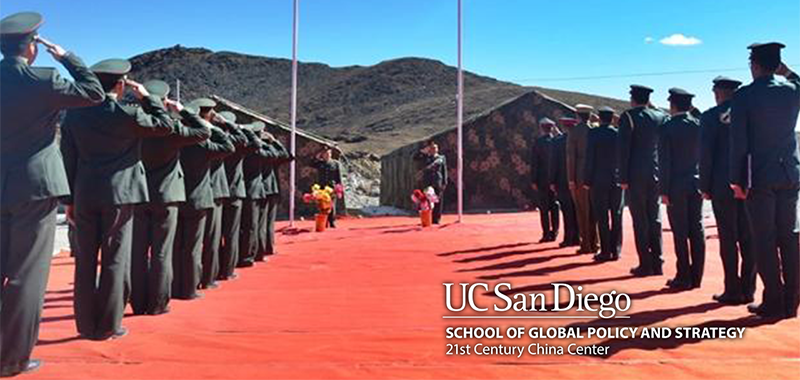Oct 28, 2020–Oct 28, 2020 from 7:00pm–8:00pm
21CCC Online Webinar: India and China at an Inflection Point

Nirupama Rao, India's former Ambassador to China and the U.S. and Pacific Leadership Fellow at the Center for Global Transformation at GPS, addresses whether the recent India-China crisis at the Himalayan border signals the end of India's “strategic autonomy” at a challenging time for the Indian economy amid a pandemic.
Ambassador Rao traces recent developments in relations between India and China, particularly the fraught situation along the Line of Actual Control in the border areas located in the Himalayan region of Ladakh. These developments have essentially signaled the end of a phase in relations that had lasted for three decades, when the border had remained largely tension-free and peaceful, and trade and economic relations, together with dialogue to resolve the outstanding boundary question had progressed. What are the prospects for abatement of tensions between these two giant neighbors? Does this current phase signal the end of India's 'strategic autonomy' in foreign policy, a much more open alignment with the United States, and competition against an increasingly assertive China as New Delhi draws deeper into involvement with the Quad of which it is a part with the U.S., Japan and Australia, in the maritime domain of the Indo-Pacific? What impact does closer China-Pakistan cooperation have on India's security interests in the sensitive border areas ? This crisis in relations with China has manifested itself at the height of the Coronavirus pandemic and at a challenging time for the Indian economy. Indian policymakers have to make careful choices as they face the future.
Date and Time
Oct 28, 2020–Oct 28, 2020
from 7:00pm–8:00pm
Location
Online Webinar
Event Registration
Registration for this event is required.
Visit the registration page for details.
Event Fee
Free
Contact
Simeng Zeng • s3zeng@ucsd.edu
Audience
Faculty, Staff, Students, The General Public